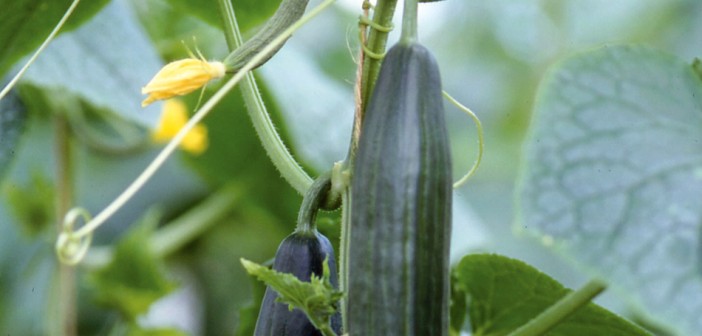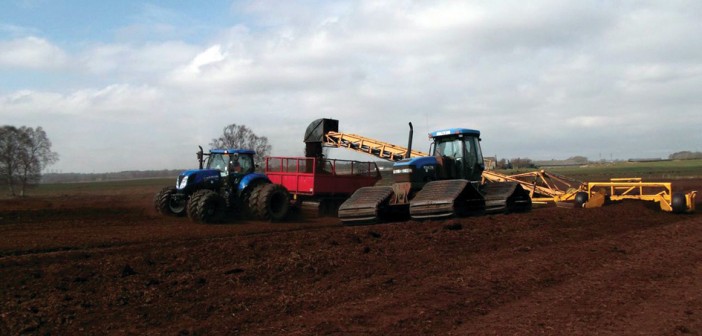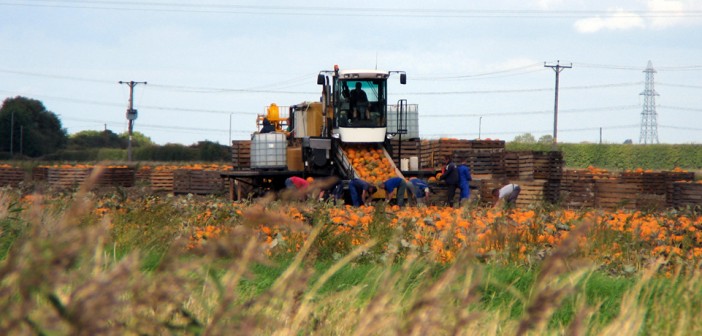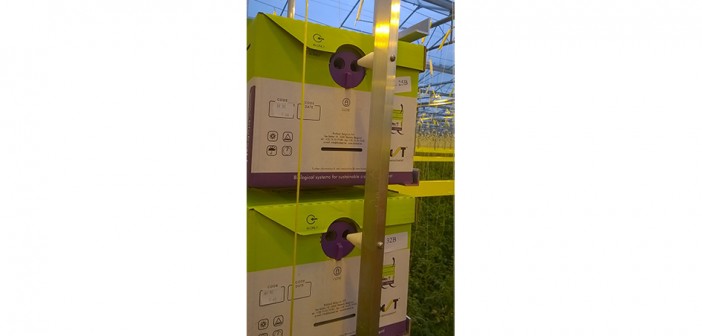Tesco says that a new initiative to remove a food packing stage in the journey from farm to fork will mean that customers will benefit from salads and citrus fruit that will stay fresh for up to two extra days.
The foods covered by the initiative include imported lettuce; tomatoes, cucumbers, peppers, broccoli and celery. As part of its ongoing programme to tackle food waste Tesco looked at its supply chain to identify ways of working directly with producers to speed up the process by which freshly picked produce arrives in store. It found that as a result of advancements in packing and storage it was now possible to ship produce directly from European suppliers to Tesco stores, cutting the amount of time spent in transit which means getting produce to customers faster, and therefore fresher.
Tesco Group Food Commercial Director Matt Simister said, “For millions of our customers this move will mean having up to an extra two days in which to enjoy some of the most popular fruit and vegetables. The extra days of freshness will particularly benefit customers who are pressed for time and will mean they are less likely to throw away food.”
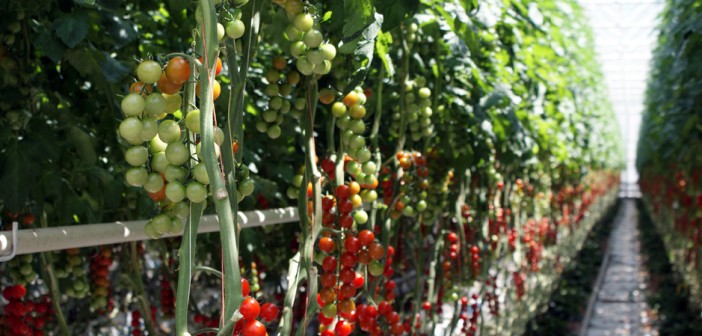
The post Tesco to make produce two days fresher appeared first on Hort News.


